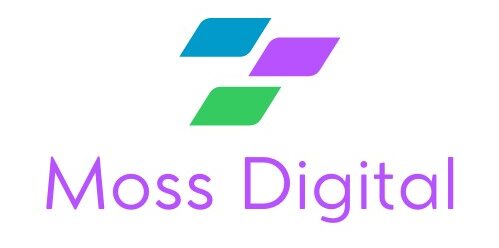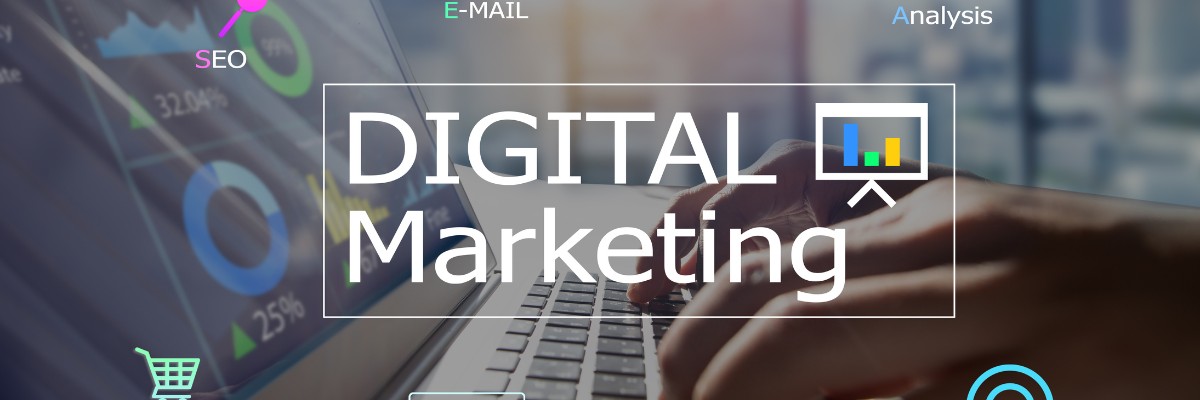In today’s digital era, marketing has evolved significantly, embracing data-driven strategies to stay competitive. One of the critical components of modern marketing is analytics, which enables businesses to unlock valuable insights and make informed decisions. The advent of digital marketing has revolutionized the way companies connect with their target audience, and analytics play a pivotal role in optimizing these interactions. This article explores the profound impact of analytics in digital marketing, highlighting its benefits, tools, and best practices.
The Power of Analytics in Digital Marketing
Analytics, in the context of digital marketing, refers to the process of collecting, measuring, analyzing, and interpreting vast amounts of data to derive actionable insights. By leveraging analytics, businesses gain a comprehensive understanding of customer behavior, preferences, and trends, allowing them to optimize their marketing efforts effectively. Here are some key areas where analytics excels in digital marketing:
Customer Profiling and Segmentation
Analytics empowers businesses to segment their target audience based on demographics, behavior, interests, and other relevant factors. By understanding the distinct characteristics of different customer segments, companies can tailor their marketing campaigns to specific groups, ensuring personalized messaging and higher conversion rates.
Performance Measurement
Analytics provides marketers with precise metrics and KPIs (Key Performance Indicators) to measure the effectiveness of their campaigns. It enables businesses to track website traffic, engagement rates, conversion rates, and other essential metrics, helping them assess the success of their marketing initiatives and make data-driven improvements.
Campaign Optimization
With analytics, marketers can dive deep into the performance data of their campaigns and identify areas for improvement. By analyzing the effectiveness of various marketing channels, messaging, and creative elements, businesses can optimize their campaigns in real-time, ensuring maximum return on investment (ROI).
Attribution Modeling
Analytics helps marketers understand the customer journey and the various touchpoints that contribute to conversions. By utilizing attribution modeling techniques, businesses can accurately assign credit to different marketing channels and campaigns, allowing them to allocate resources effectively and optimize their marketing mix.
Predictive Analytics
By leveraging historical data and advanced analytics techniques, businesses can predict future customer behavior and market trends. Predictive analytics enables marketers to identify emerging opportunities, forecast demand, and make proactive marketing decisions to stay ahead of the competition.
Analytics Tools in Digital Marketing
To harness the power of analytics effectively, digital marketers rely on a range of sophisticated tools and platforms. These tools streamline data collection, analysis, and reporting processes, enabling marketers to derive actionable insights efficiently. Some popular analytics tools used in digital marketing include:
Google Analytics
A widely used web analytics tool, Google Analytics provides detailed insights into website traffic, user behavior, conversion rates, and more. It offers a comprehensive set of features for marketers to track and measure the performance of their online properties.
Adobe Analytics
An enterprise-level analytics platform, Adobe Analytics provides in-depth insights into customer interactions across various touchpoints. It offers advanced segmentation capabilities, real-time data visualization, and AI-driven analytics to deliver comprehensive marketing intelligence.
Social Media Analytics Tools
Platforms such as Facebook Insights, Twitter Analytics, and Instagram Insights provide marketers with data on audience demographics, engagement rates, post reach, and other social media-specific metrics. These tools enable businesses to optimize their social media marketing strategies effectively.
Marketing Automation Platforms
Many marketing automation platforms integrate analytics capabilities, allowing marketers to track and analyze the performance of their email marketing campaigns, lead generation efforts, and customer journeys. These platforms provide valuable insights to enhance marketing automation and personalization.
Best Practices for Analytics in Digital Marketing
To maximize the benefits of analytics in digital marketing, it is essential to follow some best practices. Here are a few key recommendations:
Set Clear Goals and KPIs
Clearly define your marketing objectives and establish Key Performance Indicators that align with these goals. This will ensure that your analytics efforts are focused on measuring and optimizing the metrics that truly matter.
Identify Relevant Data Sources
Determine the data sources that provide the most valuable insights for your business. This may include website analytics, social media data, customer relationship management (CRM) systems, or third-party data providers. Integrate these data sources to create a holistic view of your marketing performance.
Regularly Monitor and Analyze Data
Continuously monitor and analyze your marketing data to identify patterns, trends, and areas for improvement. Regularly review your analytics reports and dashboards to make informed decisions and optimize your marketing campaigns.
Embrace Data Visualization
Utilize data visualization techniques to communicate complex analytics findings in a visually appealing and easy-to-understand manner. Visual representations of data make it simpler for stakeholders to grasp insights quickly and make informed decisions.
Stay Updated with Analytics Trends
The field of analytics is rapidly evolving. Stay abreast of the latest trends, tools, and techniques in analytics to ensure that you are leveraging the most advanced solutions for your digital marketing efforts.
Analytics has emerged as a game-changer in the world of digital marketing, enabling businesses to unlock valuable insights, enhance customer experiences, and drive growth. By leveraging analytics tools and best practices, marketers can optimize their campaigns, accurately measure performance, and make data-driven decisions. As the digital landscape continues to evolve, businesses that embrace analytics will have a competitive edge, propelling them towards marketing success in the ever-changing digital realm.



